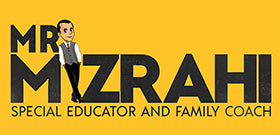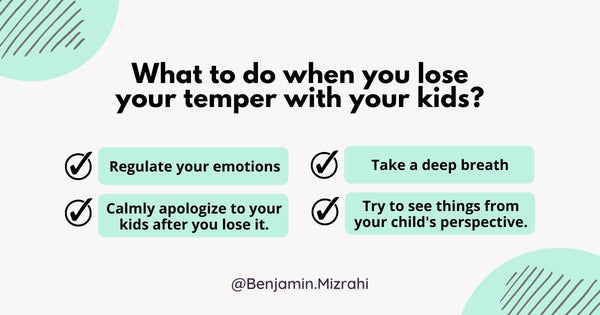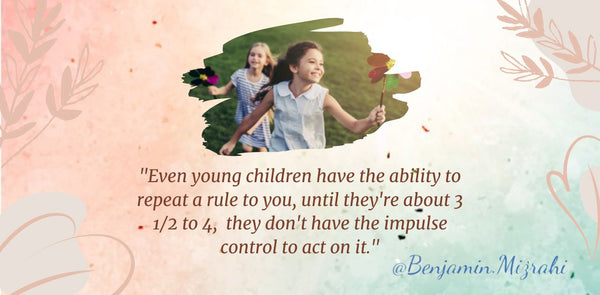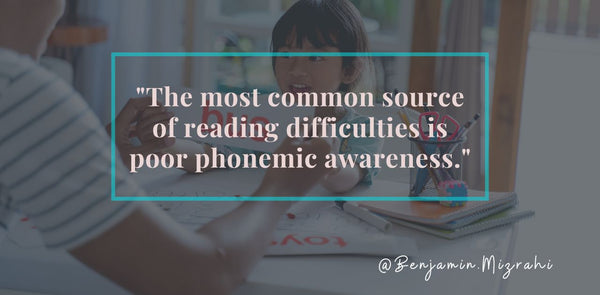Why Kindness and Firmness are Important
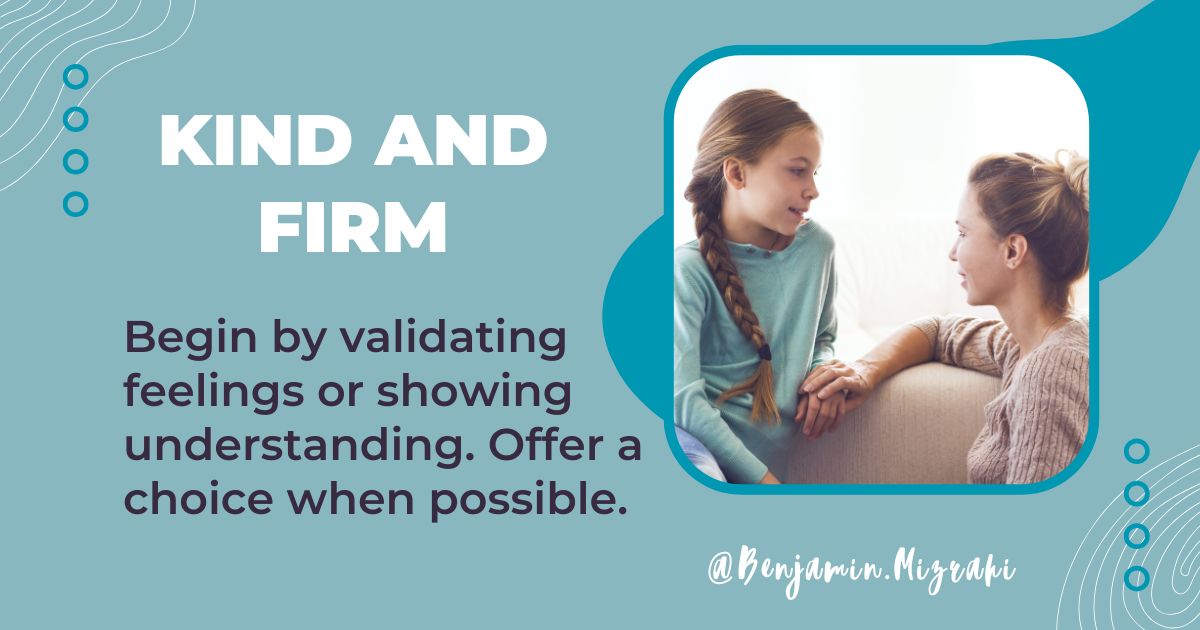
Begin by validating feelings or showing understanding. Offer a choice when possible.
Examples:
- I know you don’t want to brush your teeth, and we can do it together.
- You want to keep playing, and It is time for bed. Do you want one story or two?
Kindness is important in order to show respect for the child. Firmness is important in order to show respect for ourselves and for the needs of the situation. Authoritarian methods usually lack kindness. Permissive methods lack firmness. Kindness and firmness are essential.
Many parents and teachers struggle with this concept for many reasons. One is that they often don’t feel like being kind when a child has “pushed their buttons.” Again, I want to ask, “If adults want children to control their behavior, is it too much to ask that adults learn to control their own behavior?” Often, it is the adults who should take some Positive Time-out until they can “feel” better so they can “do” better.
Let’s tackle firmness. Most adults are used to thinking that firmness means punishment, lectures, or some other form of control. Not so. Firmness, when combined with kindness, means respect for the child, for you, and for the situation.
Parents and teachers habitually lecture and make demands. Children often respond by resisting or rebelling. The following kind and firm phrases will help you avoid disrespectful language and increase cooperation:
- Your turn is coming.
- I know you can say that in a respectful way.
- I care about you and will wait until we can both be respectful to continue this conversation.
- I know you can think of a helpful solution.
- Act, don’t talk. (For example, quietly and calmly take the child by the hand and show him or her what needs to be done.)
- We’ll talk about this later.
- Now it is time to get in the car. (When child is having a temper tantrum.)
- We need to leave the store now. We’ll try again later (or tomorrow).
Coach Benjamin Mizrahi. Educator. Learning Specialist. Family Coach. Father. Husband.
More articles on www.MrMizrahi.blog
